Description
Our immune system develops antibodies or proteins that detect harmful pathogens, toxins, or infectious organisms and helps eliminate these pathogens, thereby preventing many infections. Therefore, a healthy immune system would produce antibodies to protect the body, but in some rare cases, the immune system develops antibodies against its own tissues and cells, specifically targeting the nucleus. Such antibodies are called antinuclear antibodies.
What is the antinuclear antibody test?
The antinuclear antibody test (ANA Test) recommended by doctors is a blood test that identifies ‘autoantibodies’ in the blood. These autoantibodies attack your cells and significantly damage your skin, muscles, joints, and various other parts of the body. Thus, a positive result on the ANA test indicates the presence of autoantibodies and the attempt of the body’s immune system to attack itself. This is also referred to as an autoimmune reaction. Your doctor may recommend that you undergo ANA testing if you are suffering from autoimmune diseases, such as rheumatoid arthritis, scleroderma, or lupus. In some cases, healthy individuals with no symptoms may test positive for the ANA test.
Your doctor would recommend an ANA test if you present with the following symptoms:
- Joint and/or muscle pain, stiffness or swelling
- Tiredness
- Light sensitivity
- Weakness
- Persistent and recurring fever
- Rashes
- Hair loss
- Numbness and tingling in your feet and hands
An ANA test may not necessarily confirm a specific diagnosis but rules out other probable diseases, thus helping your doctor understand your symptoms or diseases.
What are the risk factors associated with the ANA test?
There is minimal, almost negligible risk associated with the antinuclear antibody test. Since this test involves the blood sampling from the vein, you may experience minor bruising or pain at the spot where the blood was drawn or the needle was inserted. As very little blood is drawn during this process, you will most likely not feel tired or exhausted after the blood tests. Most of the symptoms vanish a couple of hours after the blood test.
How to prepare for the antinuclear antibody test?
The ANA test is similar to any blood test that requires a blood sample. Therefore, if your doctor needs your blood sample only for the ANA test, you can normally eat and drink before the test and have the nurse take the sample at the specified time. In some instances, your doctor may also recommend other tests. This would require you to fast (not consume food for a particular period) before providing your blood sample. It would be best if you discussed the requirements with your doctor before giving your blood sample. You must also provide your medical history and the current supplements or medications if any.
What can you expect from the ANA test?
During the antinuclear blood test, a technician would be assigned to draw your blood for the analysis. A band (called a tourniquet) is tied on your upper arm to swell your vein, allowing an easy blood collection. An antiseptic is applied to that area, and a needle is inserted to draw the blood. The area is then cleaned with antiseptic again, and the blood is dispensed into a tube and sent for analysis. The blood test takes only a few minutes, and after the band is removed, the technician would place a bandage over the area to prevent further bleeding.
What are the possible results of the ANA test?
The results from the antinuclear antibody test can be one of the following:
- Positive: A positive result means that you have an autoimmune disease producing antinuclear antibodies in the blood. In some cases, even a healthy individual can display the presence of antinuclear antibodies in the blood. Sometimes, your medications can also affect the results. Your doctor will recommend a few more tests if your ANA test is positive. This is especially if you display symptoms like tiredness, joint and muscle pain, and fever.
- Negative: A negative result that your body is not producing any antinuclear antibodies.
When to see a doctor
You must visit the doctor if you observe frequent fevers, rashes, swelling and joint pain, and muscle pain. Your doctor would recommend the antinuclear antibody test to diagnose autoimmune diseases, such as lupus or rheumatoid arthritis. If blood tests indicate the presence of autoantibodies, your doctor may recommend certain other confirmatory tests to diagnose the medical condition.

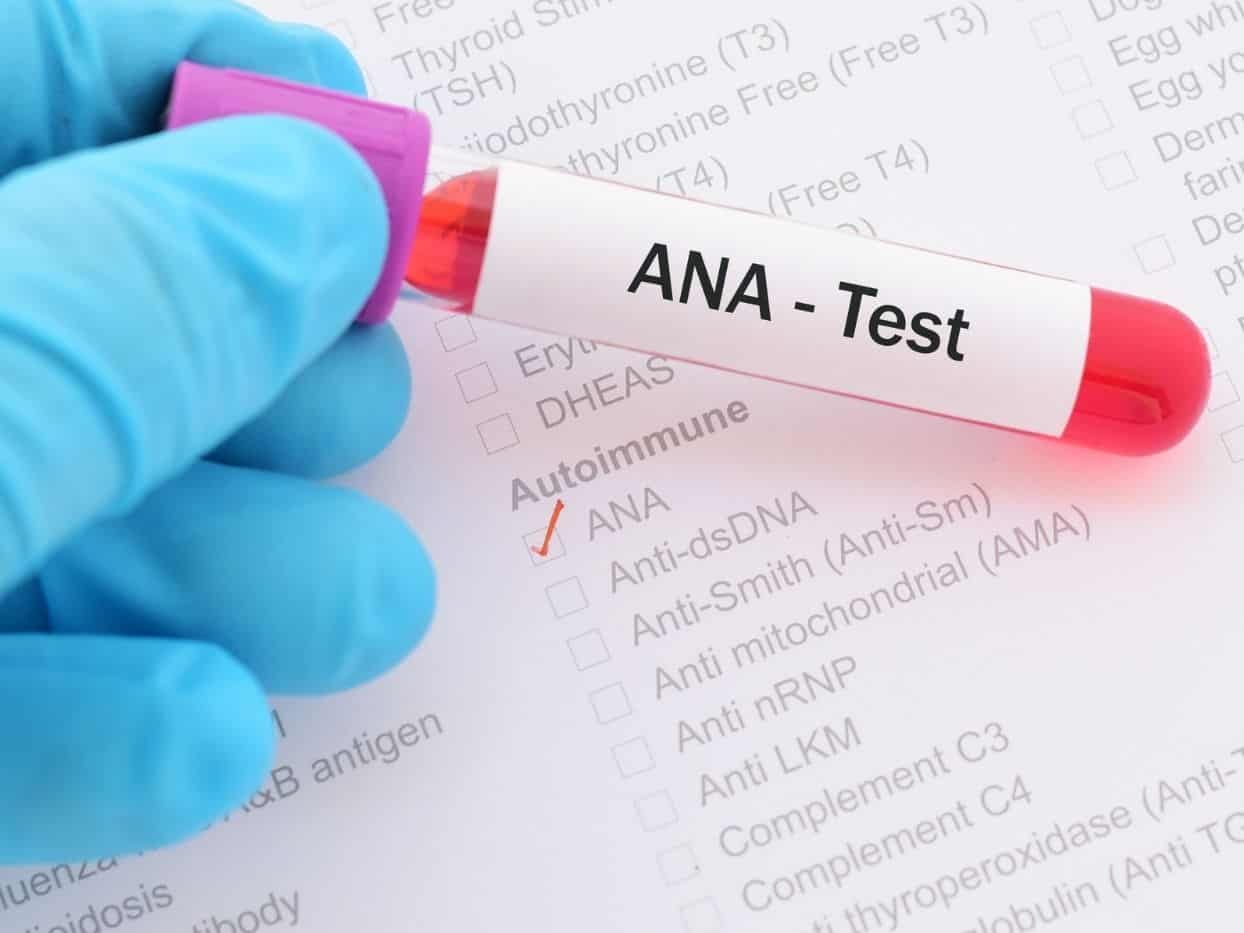
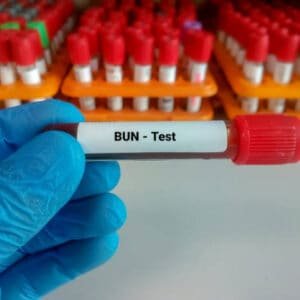
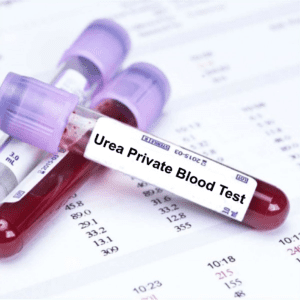
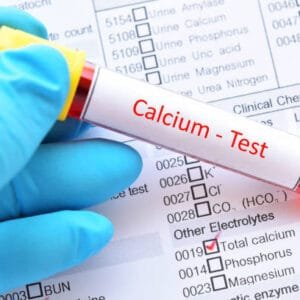
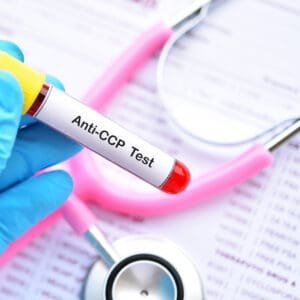
Reviews
There are no reviews yet.